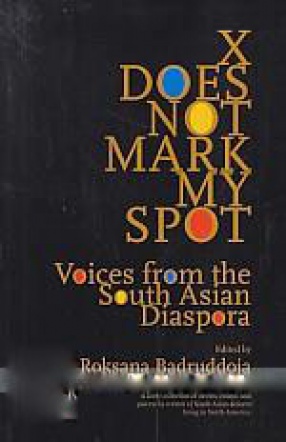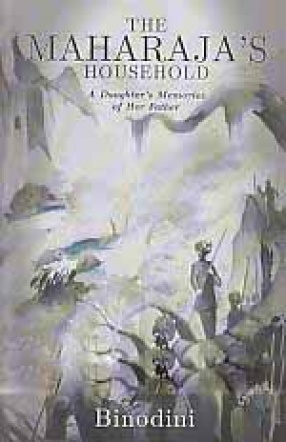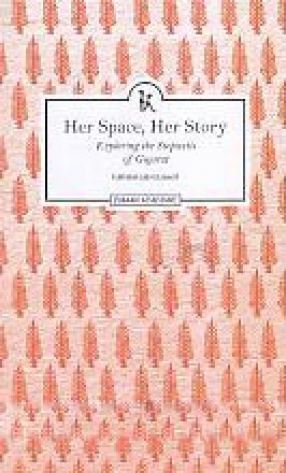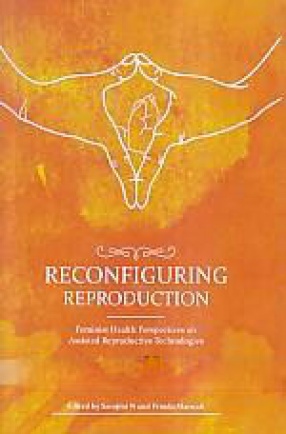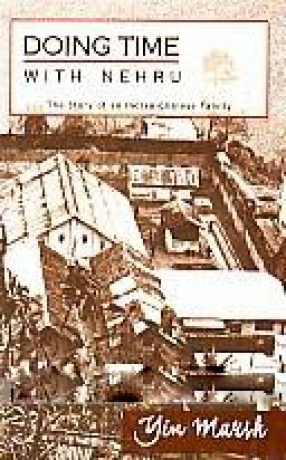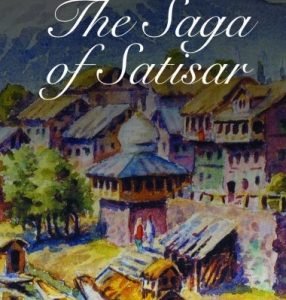
Zubaan

92 books

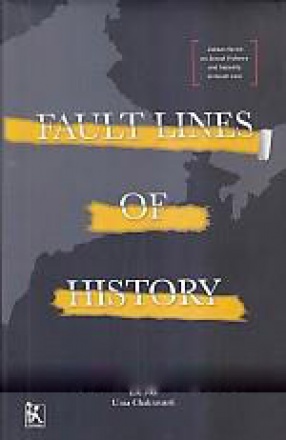
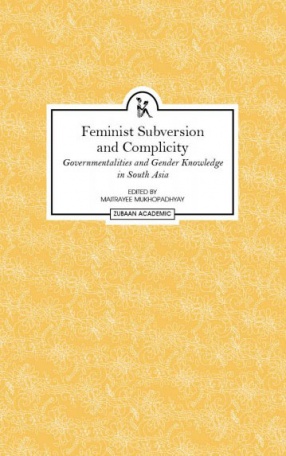
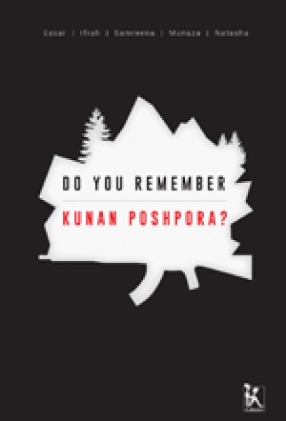
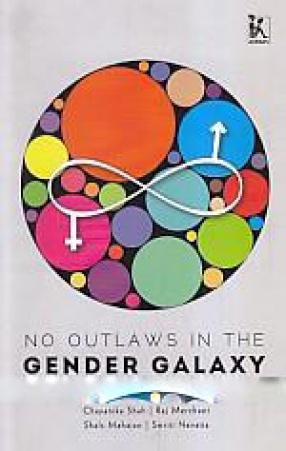
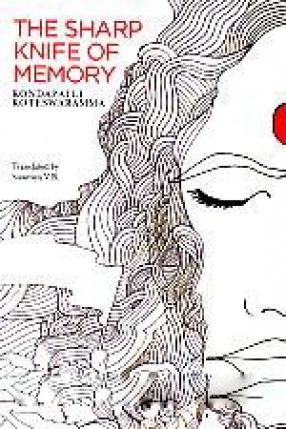
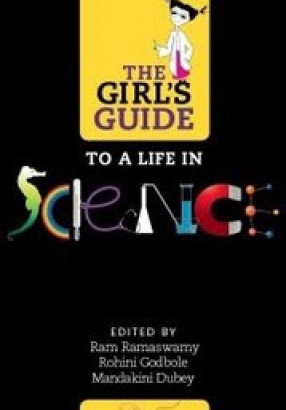

his magnificent, sprawling novel, a classic of Hindi literature, spans almost an entire century in the lives of several families and generations of Kashmiri Hindus and Muslims. As it opens, Lalli, in her seventh month of pregnancy, is preparing to leave for her married home for the traditional curd ceremony. The constellation of planets is right and the moment is auspicious; it must not be lost. But even as her family prepares for her departure, there is fear in ...
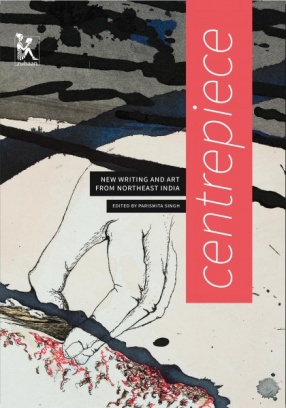
This book brings you a wealth of stories, in words and images, from a part of India known as the Northeast, a term that is widely contested for the ways in which it homogenizes a region of great diversity. It is also a term that has come to be a marker of identity and solidarity by many who are of the region. Here, 21 writers and artists look at the idea of ‘work’ - from street hawking to beer brewing, from mothering to dung collection - and describe ...
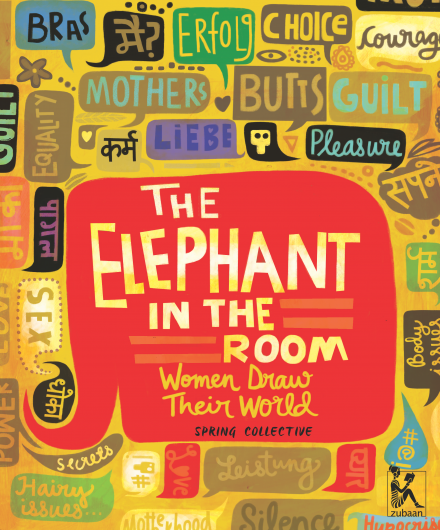
Feminist artists have always been bold, original and outspoken, and The Elephant in the Room honours this legacy by offering up a delightfully thought-provoking, myth-busting visual feast. Across its pages, sixteen comic artists from India and Germany explore how women see the world and themselves, taking apart and repurposing ideas of identity, power and love; sex, family and bodies.
Confronting the elephant with humour and passion, these graphic artists ...
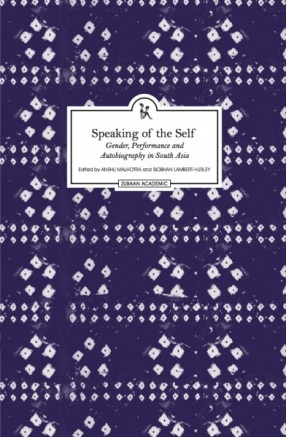
Many consider the autobiography to be a Western genre that represents the self as fully autonomous. The contributors to Speaking of the Self challenge this presumption by examining a wide range of women’s autobiographical writing from South Asia. Expanding the definition of what kinds of writing can be considered autobiographical, the contributors analyze everything from poetry, songs, mystical experiences and diaries, to prose, fiction, architecture and ...
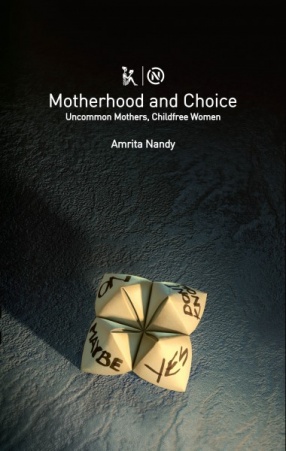
How can women live fully? If autonomy is critical for humans, why do women have little or no choice vis-à-vis motherhood? Do women know they have a choice, if they do? How 'free' are these choices in a context where the self is socially mired and deeply enmeshed into the familial? What are implications of motherhood on how human relatedness and belonging are defined?
These questions underlie Amrita Nandy's remarkable research on motherhood as an ...
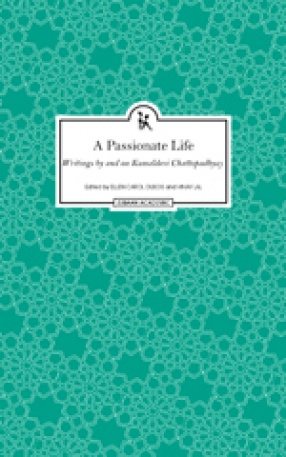
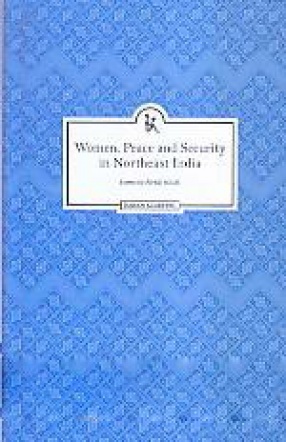
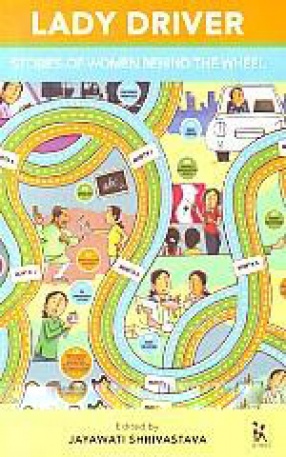

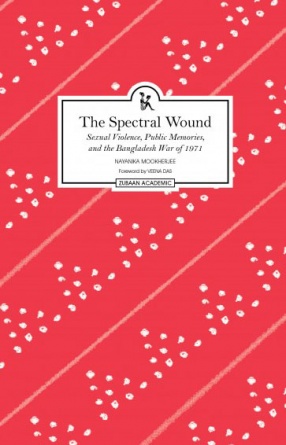
Following the 1971 Bangladesh War, the Bangladesh government publicly designated the thousands of women raped by the Pakistani military and their local collaborators as birangonas, ("brave women”). Nayanika Mookherjee demonstrates that while this celebration of birangonas as heroes keeps them in the public memory, they exist in the public consciousness as what Mookherjee calls a spectral wound. Dominant representations of birangonas as dehumanized ...

Feminist Subversion and Complicity_ interrogates a specific form of feminist practice, that which has involved engaging with state and international institutions to insert gender knowledge in their development interventions. Bringing together contributions from eight feminists located in very different kinds of institutions and spaces from Bangladesh, Nepal, Pakistan, Sri Lanka and India, this book is the outcome of a deeply reflexive process to produce a ...

The Sexual Violence and Impunity in South Asia research project (coordinated by Zubaan and supported by the International Development Research Centre) brings together, for the first time in the region, a vast body of knowledge on this important – yet silenced – subject. Six country volumes (one each on Bangladesh, Nepal, Pakistan, Sri Lanka, and two on India) comprising over fifty research papers and two book-length studies detail the histories of ...
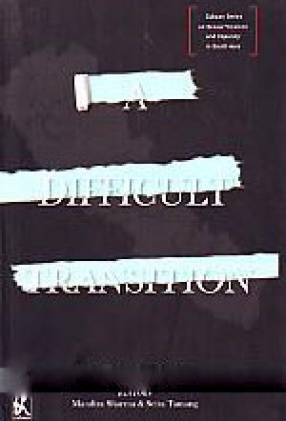

On a cold February night in 1991, a group of soldiers and officers of the Indian army stormed into two villages in Kashmir, seeking out militants assumed to be hiding there. Incensed at the villagers’ refusal to share any information, soldiers pulled residents from their homes, torturing men and raping women. According to village accounts, as many as thirty-one women were raped. The Indian army initially carried out cursory investigations before shelving ...



When it was first published in India, ninety-four-year-old Kondapalli Koteswaramma’s autobiography was acclaimed by the Telugu literary world. Koteswaramma is well known as the widow of Kondapalli Seetharamaiah, founder of the Maoist movement in the south Indian state of Andhra Pradesh, and her life spans a tumultuous century of Indian politics that included the Independence movement, Communist insurrection, and the militant leftist Naxalite movement. A ...

Inspiring, informative, insightful… meet some of India’s most celebrated female scientists.
What led them to choose their particular field? Who encouraged them? What were their struggles? What are their sources of inspiration? What are the key questions at the cutting edge of modern research? Why choose a life in science at all?
From astrophysics to zoology, learn what it takes to make a career in science.
